
Blog 4
Outdoor cats can face various risks and injuries due to their exposure to the outdoors and various environmental factors. The Feline Connection prioritizes helping homeless cats with nowhere else to turn for help. With the assistance of local veterinarians, we are able to offer homeless cats options they would not have had. Here are some common types of injuries outdoor cats can sustain.
TW: While not terribly graphic, the photos and stories in this blog can be upsetting to some readers.
Trauma Injuries
Outdoor cats risk trauma injuries, including being hit by cars, falling from heights, getting caught in unexpected places, hunting traps, bullet wounds, abuse, wildlife and many other causes. These injuries can lead to fractures, soft tissue damage, and internal injuries.
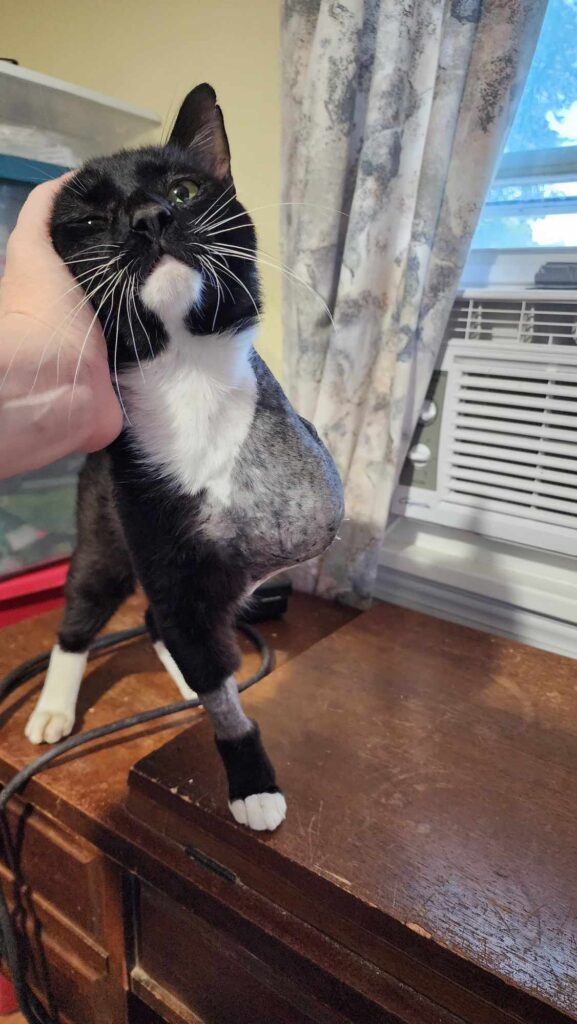
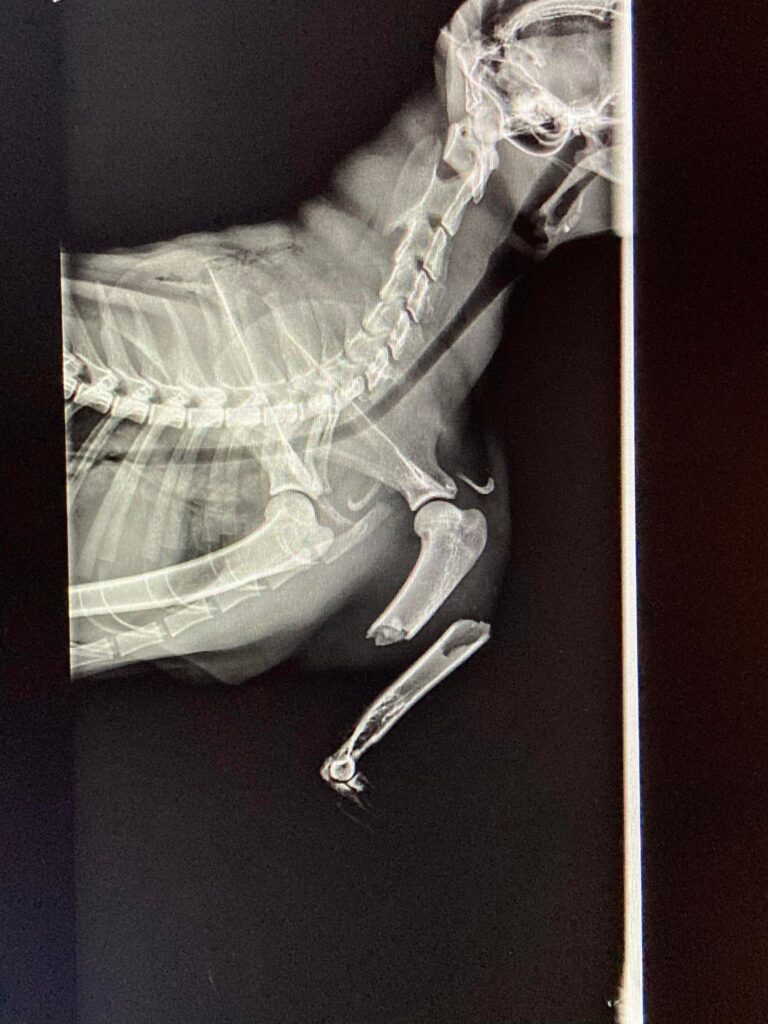


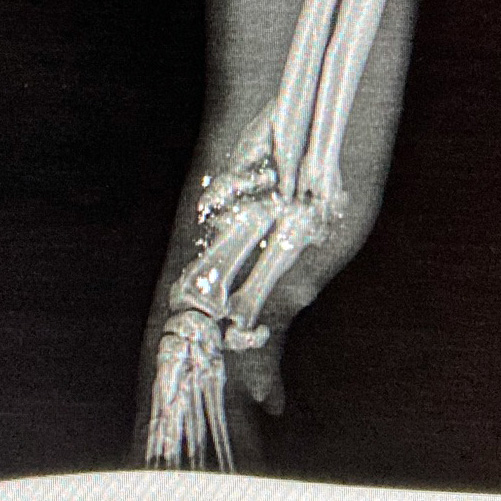
Bite Wounds and Abscesses
Cats are territorial animals and may engage in fights with other cats (especially unneutered males) or wildlife. Bite wounds from these altercations can become infected, leading to painful abscesses that require veterinary treatment. Abscesses do not heal without Antibiotics.

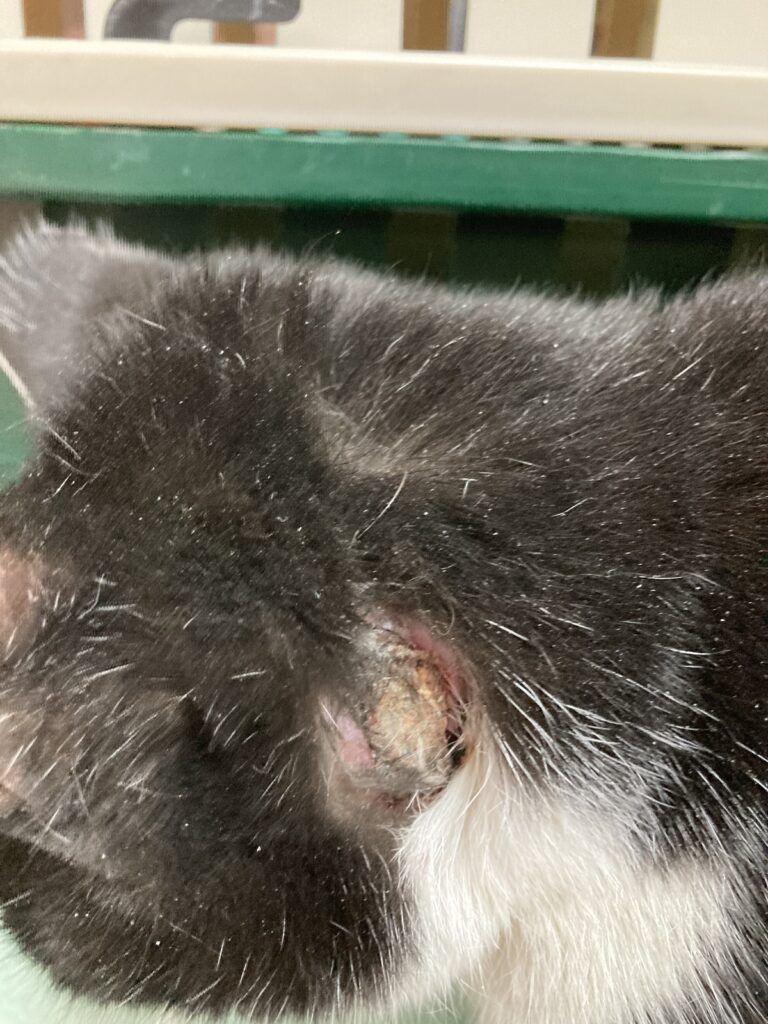
Scratches and Lacerations
Cats often explore areas with thorny plants or sharp objects. Scratches and lacerations from these encounters can lead to wounds that may become infected if not treated promptly.
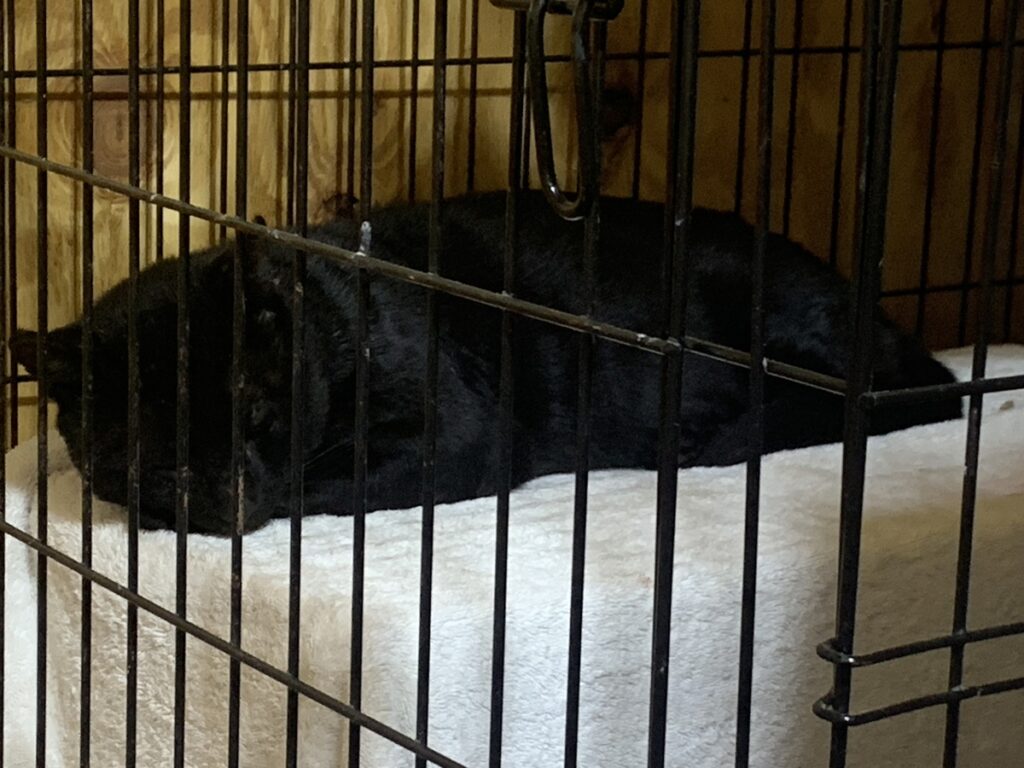
Burns and Scalds
Cats can suffer burns or scalds from contact with hot surfaces, open flames, or chemicals commonly found outdoors. Antifreeze (Ethylene Glycol- highly toxic to cats when ingested), Battery Acid, Engine Coolant, Oil, Fuel, Brake Fluid and Exhaust Residue are all toxic and can cause burns on skin and paws. Luckily, in 2032 we haven’t seen any cats with this issue, but have had numerous cats in the past with mysterious burns and oil in their fur.
Dental Injuries
Cats may sustain dental injuries from chewing on hard objects, fighting, or accidents. Broken teeth, fractured jaws, or oral injuries can be painful and require dental care. In addition to Banshee below, Ulysses (above) and Ridge (below) also were rescued with teeth issues.
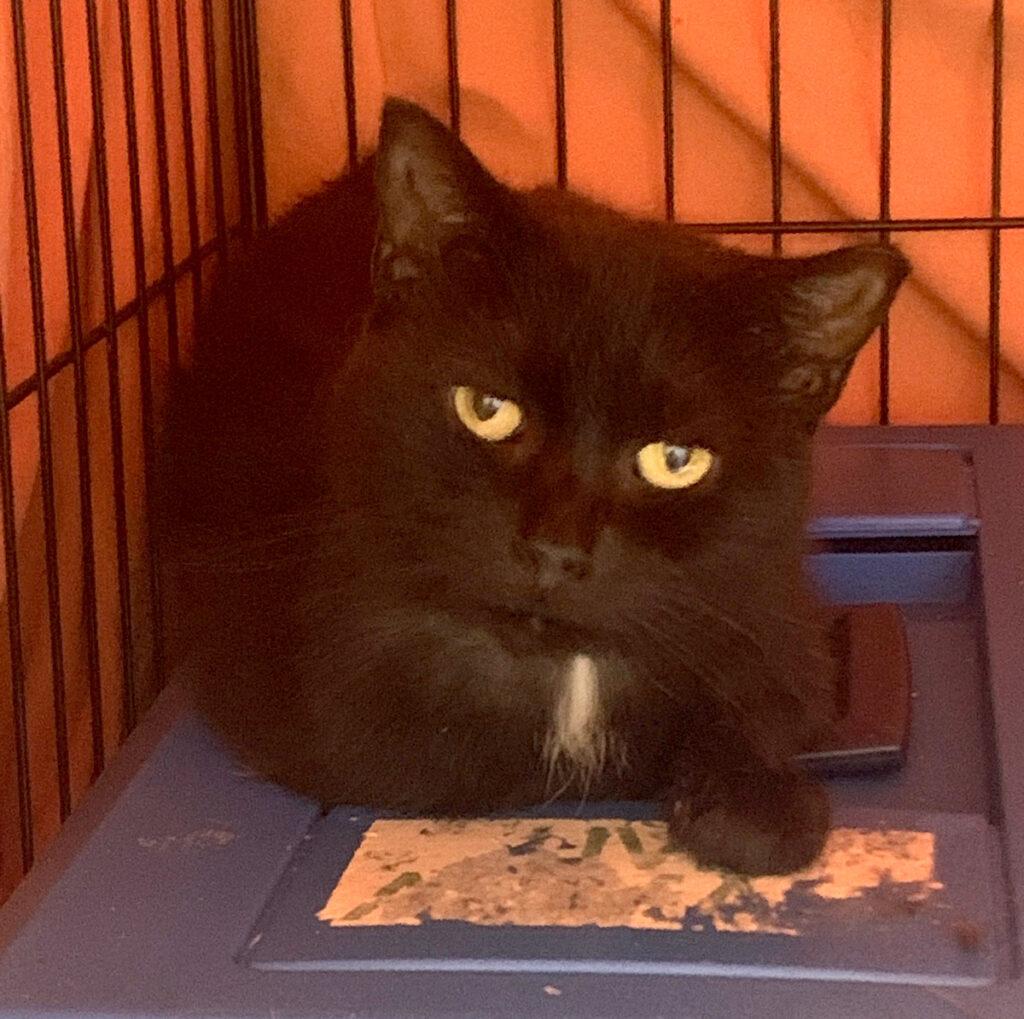

Eye Injuries
Cats can injure their eyes from foreign objects, scratches, or accidents. Eye injuries can range from minor scratches to more severe trauma that affects vision.
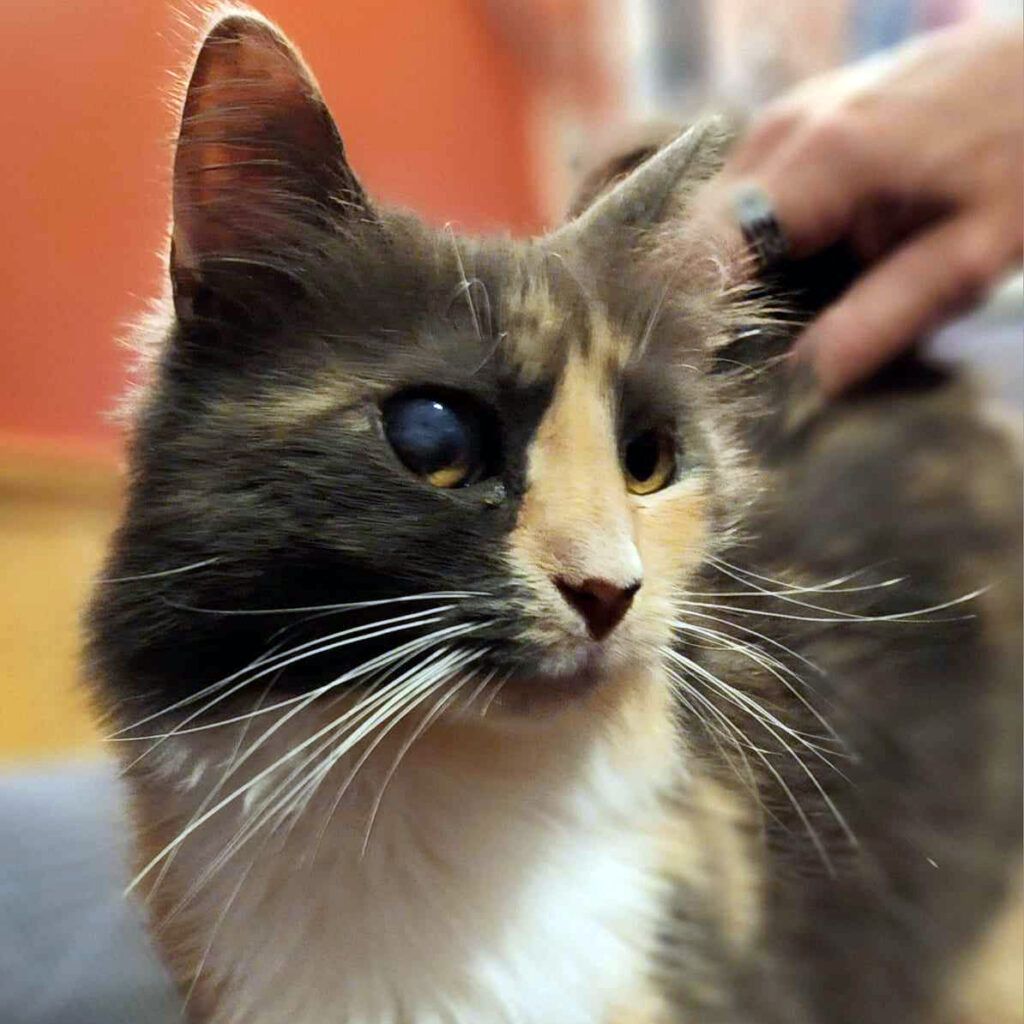

Poisoning
Outdoor cats may ingest or be exposed to toxic substances, such as plants, chemicals, or substances found in trash or garage areas. Poisoning can lead to a range of symptoms and requires immediate veterinary attention.
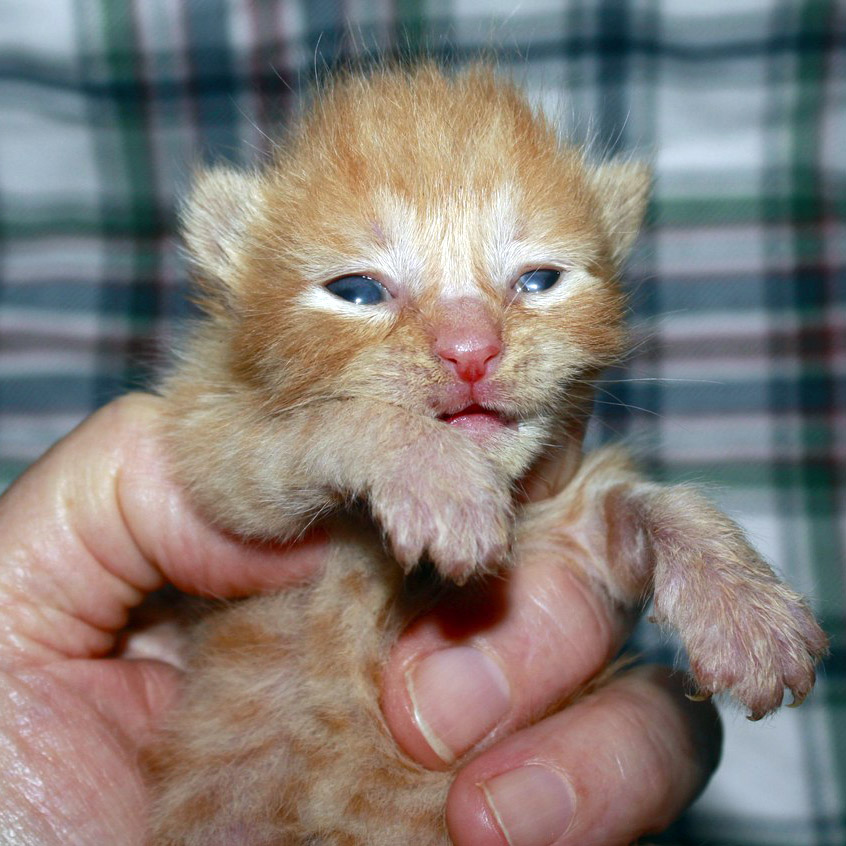
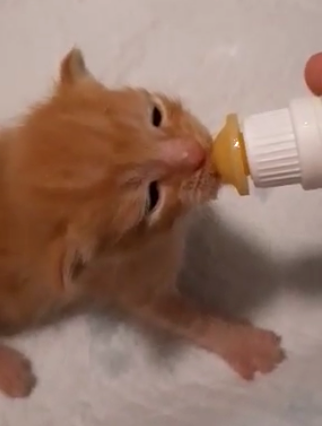
Parasitic Infections
Outdoor cats are more likely to encounter skin parasites like fleas, ticks, and mites, which can lead to skin irritation, allergic reactions, and the transmission of diseases. Intestinal parasites are very common too, and often more than one type! We are experts at treating them after five years! All parasites are not only uncomfortable for cats but can be life-threatening, especially for kittens. When combined with Upper Respiratory Infections, it can be unrecoverable for kittens.
Heat and Cold-Related Injuries
In hot weather, outdoor cats are susceptible to heatstroke, dehydration, and paw pad burns from walking on hot surfaces. Stray and Feral cats often have trouble finding clean and safe water to drink. In cold climates, outdoor cats can suffer from hypothermia, frostbite, and injuries from slipping on icy surfaces.
Injuries from Wildlife
Depending on the area, outdoor cats may encounter wildlife that can pose threats. These encounters can result in injuries from bites, scratches, or defensive behaviors. [Garnet]
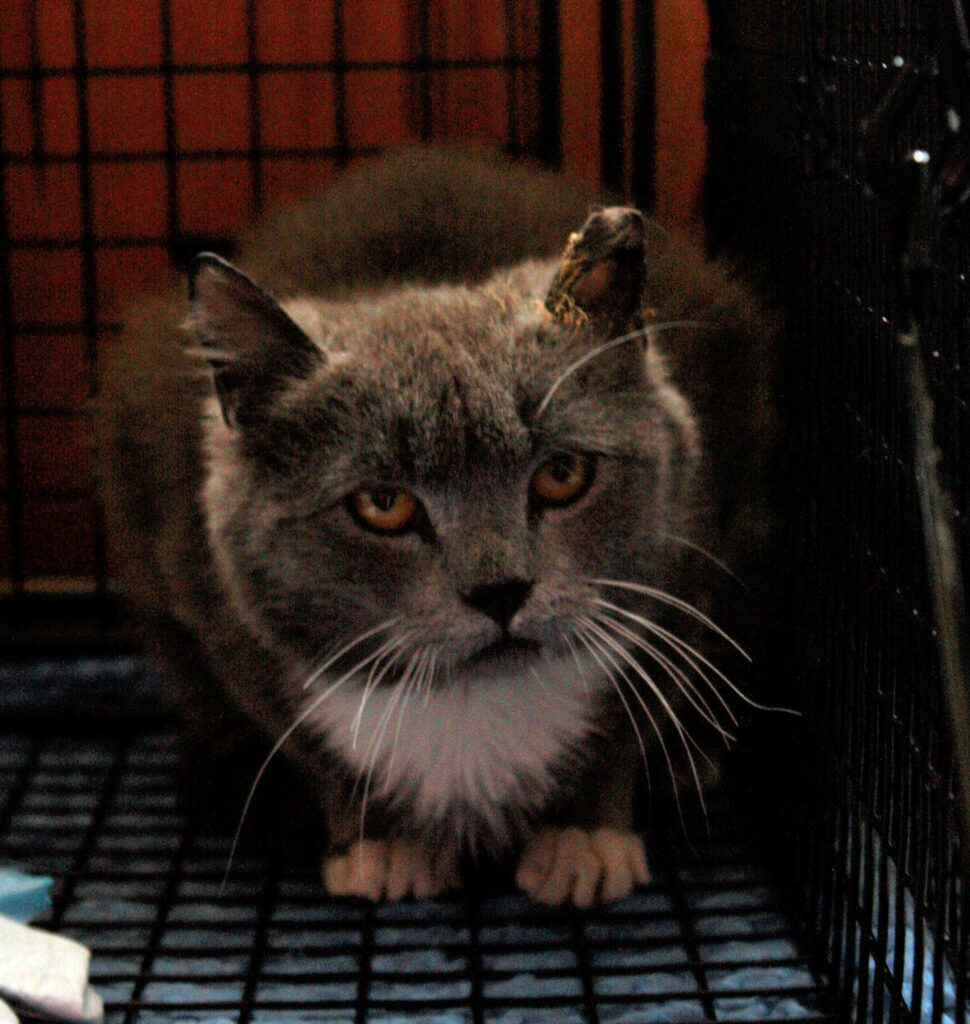

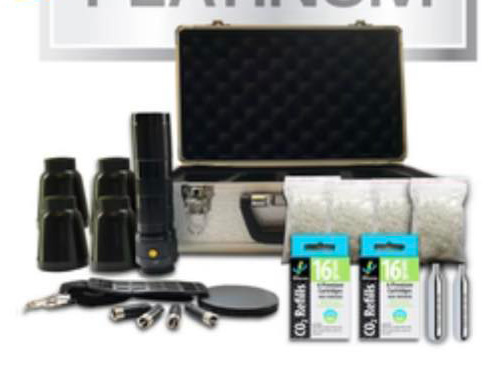
Infections and Disease
Outdoor cats are at a higher risk of contracting diseases like feline leukemia virus (FeLV) and feline immunodeficiency virus (FIV) from other cats they encounter.

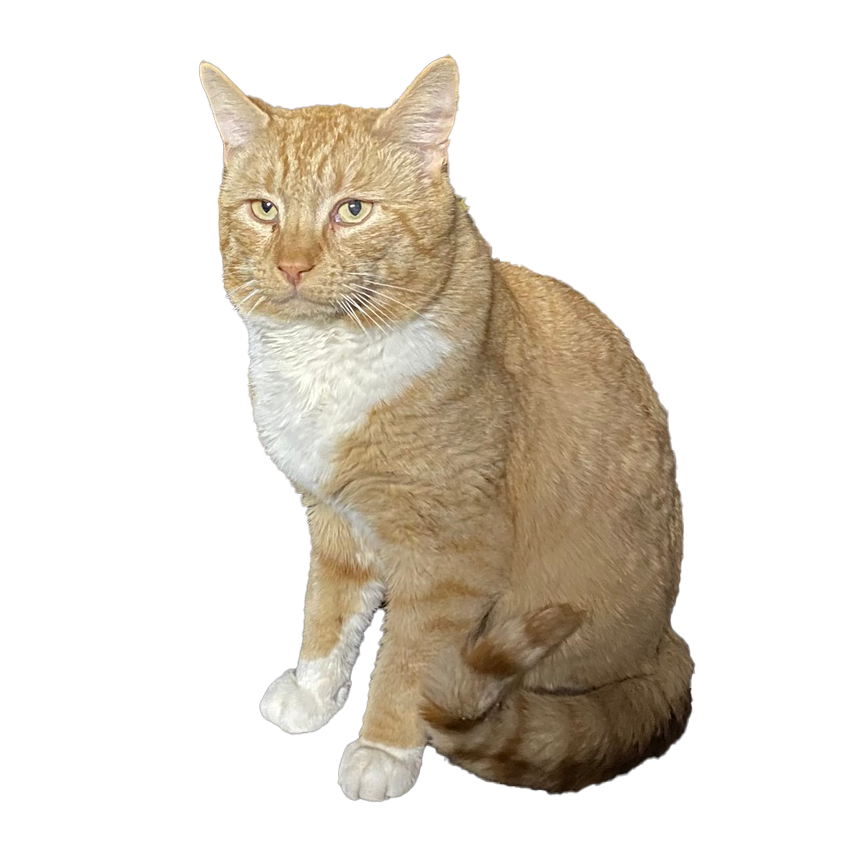
Sadly, many of The Feline Connection rescue cats have more than one of the above issues which can create additional challenges in treating them, fostering them and finding them Forever Families.
It’s important for cat owners to be aware of these potential risks and take steps to keep their cats inside. Providing a safe outdoor environment like a catio, regular veterinary care, and ensuring vaccinations and parasite control can help reduce the chances of injuries and illnesses in outdoor cats. Additionally, considering transitioning an outdoor cat to an indoor lifestyle can significantly increase their safety and well-being.

